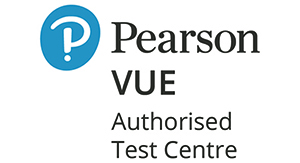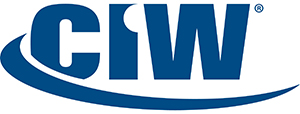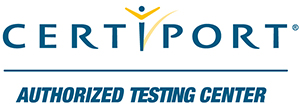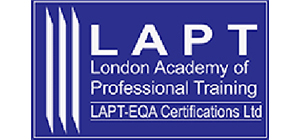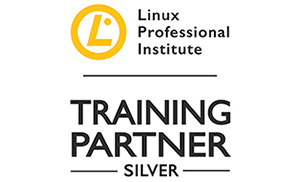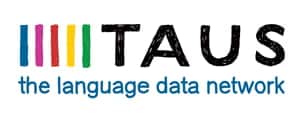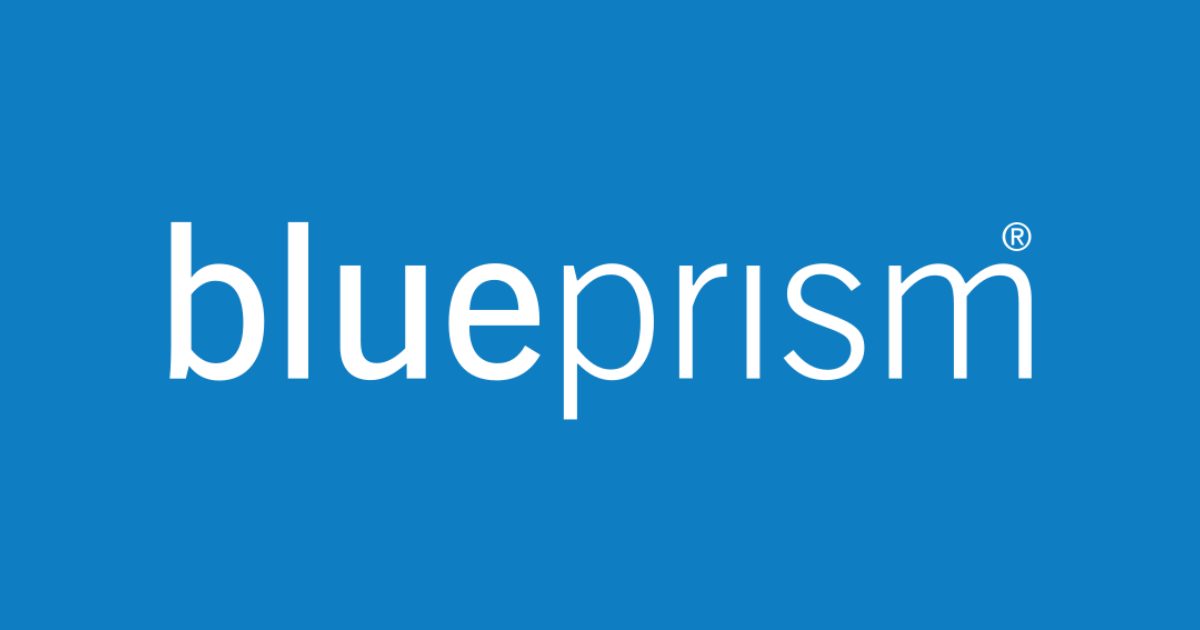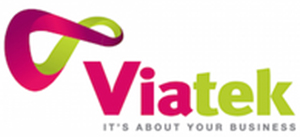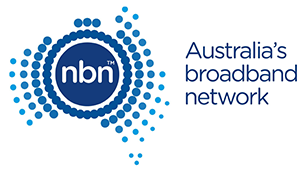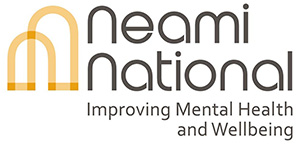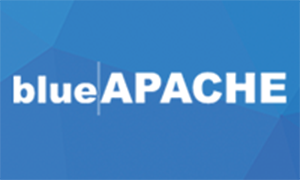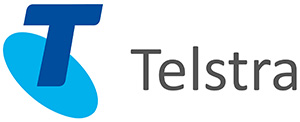Microsoft Certified: Azure Database Administrator Associate Course
Microsoft Certified: Azure Database Administrator Associate Certification
Microsoft Certified Azure Database Administrator Associate certification is a new role-based certification from Microsoft.
The Azure Database Administrator Associate certification covers understanding cloud-native, Microsoft Azure data services, hybrid data platform solutions, and Microsoft SQL Server. The Microsoft Certified Azure Database Administrator Associate is an intermediate-level certification.
DP-300 certification exam validates knowledge in SQL Server database infrastructure in the cloud, hybrid relational databases and Microsoft PaaS relational database. This certificate provides skills to implement and manage database solutions on Microsoft Azure Data services.
This certification is appropriate for professionals working as Azure Database Administrator, Application Support Technicians, MuleSoft Engineers, Business Intelligence Analysts, Data Warehouse Developers, Systems Administrators and Analysts.
Microsoft Certified Azure Database Administrator Associate certification training course syllabus covers these topics – monitor and optimize operational resources, plan and implement data platform resources, perform automation of tasks, implement a secure environment, optimize query performance, plan and implement a high availability, disaster recovery (HADR) environment and perform administration by Using T-SQL.
Learn how to deploy data resource, configure data resource, evaluate strategies for azure data, recommend database according to the organization requirement, implement database authentication strategies, performance monitoring, maintain and evaluate database resource, HADR strategies and T-SQL management.
- Related work experience and attend Microsoft Azure Fundamental (AZ-900) and Microsoft Azure Data Fundamental (DP-900) before joining this course.
Candidates can achieve this certification by passing the following exam(s).
- DP-300: Administering Relational Databases on Microsoft Azure
The certification exam can be registered and attempted within 3 months of course/module completion at Logitrain training centre on weekdays during normal business hours (excludes public holidays)
DP-300 course material
- Deploy resources by using manual methods
- Recommend an appropriate database offering based on specific requirements
- Configure resources for scale and performance
- Evaluate a strategy for moving to Azure
- Implement a migration or upgrade strategy for moving to Azure
- Configure database authentication by using platform and database tools
- Configure database authorization by using platform and database tools
- Implement security for data at rest
- Implement security for data in transit
- Implement compliance controls for sensitive data
- Monitor activity and performance
- Implement performance-related maintenance tasks
- Identify performance-related issues
- Configure resources for optimal performance
- Configure a user database for optimal performance
- Review query plans
- Evaluate performance improvements
- Review the database table and index design
- Manage authentication by using T-SQL
- Manage authorization by using T-SQL
- Create scheduled tasks
- Evaluate and implement an alert and notification strategy
- Manage and automate tasks in Azure
- Recommend a HADR strategy for a data platform solution
- Configure HA/DR by using OS, platform, and database tools
- Test a HADR strategy by using platform, OS, and database tools
- Perform backup and restore a database by using database tools
- Examine system health
- Monitor database configuration by using T-SQL
This course is likely to add to the employment-related skills of the participants. The skills developed are likely to be used in the course of being an employee or working in a business.
- Azure Database Administrators
- Application Support Technicians
- MuleSoft Engineers
- Business Intelligence Analysts
- Data Warehouse Developers
- Systems Administrators
- Individuals seeking Microsoft certifications
- Deploy database offerings on selected platforms
- Configure customized deployment templates
- Apply patches and updates for hybrid and IaaS deployment
- Evaluate requirements for the deployment
- Evaluate the functional benefits/impact of possible database offerings
- Evaluate the scalability of the possible database offering
- Evaluate the HA/DR of the possible database offering
- Evaluate the security aspects of the possible database offering
- Configure azure SQL database/elastic pools for scale and performance
- Configure Azure SQL managed instances for scale and performance
- Configure SQL server in azure VMS for scale and performance
- Calculate resource requirements
- Evaluate database partitioning techniques, such as database shading
- Evaluate requirements for the migration
- Evaluate offline or online migration strategies
- Evaluate requirements for the upgrade
- Evaluate offline or online upgrade strategies
- Implement an online migration strategy
- Implement an offline migration strategy
- Implement an online upgrade strategy
- Implement an offline upgrade strategy
- Configure azure ad authentication
- Create users from azure ad identities
- Configure security principals
- Configure database and object-level permissions using graphical tools
- Apply the principle of least privilege for all securable
- Implement transparent data encryption
- Implement object-level encryption
- Implement dynamic data masking
- Implement Azure key vault and disk encryption for azure VMS
- Configure server and database-level firewall rules
- Implement always encrypted
- Apply a data classification strategy
- Configure server and database audits
- Implement data change tracking
- Perform a vulnerability assessment
- Prepare an operational performance baseline
- Determine sources for performance metrics
- Interpret performance metrics
- Assess database performance by using azure SQL database intelligent performance
- Configure and monitor activity and performance at the infrastructure, server, service, and Database levels
- Implement index maintenance tasks
- Implement statistics maintenance tasks
- Configure database auto-tuning
- Automate database maintenance tasks
- Azure SQL agent jobs, azure automation, SQL server agent jobs
- Manage storage capacity
- Configure query store to collect performance data
- Identify sessions that cause blocking
- Assess growth/fragmentation of databases and logs
- Assess performance-related database configuration parameters
- Including auto close, auto shrink, auto-growth
- Configure storage and infrastructure resources
- Optimize IOPS, throughput, and latency
- Optimize temp DB performance
- Optimize data and log files for performance
- Configure server and service account settings for performance
- Configure resource governor for performance
- Implement database-scoped configuration
- Configure compute resources for scaling
- Configure intelligent query processing (IQP)
- Determine the appropriate type of execution plan
- Live query statistics, actual execution plan, estimated execution plan
- Identify problem areas in execution plans
- Extract query plans from the query store
- Determine the appropriate dynamic management views (DMVS) to gather query
- Performance information
- Identify performance issues using DMVS
- Identify and implement index changes for queries
- Recommend query construct modifications based on resource usage
- Assess the use of hints for query performance
- Identify data quality issues with duplication of data
- Identify the normal form of database tables
- Assess index design for performance
- Validate data types defined for columns
- Recommend table and index storage including file groups
- Evaluate table partitioning strategy
- Evaluate the use of compression for tables and indexes
- Manage schedules for regular maintenance jobs
- Configure multi-server automation
- Configure notifications for task success/failure/non-completion
- Create event notifications based on metrics
- Create event notifications for Azure resources
- Create alerts for server configuration changes
- Create tasks that respond to event notifications
- Perform automated deployment methods for resources
- Automate backups
- Automate performance tuning and patching
- Implement policies by using automated evaluation modes
- Recommend HADR strategy based on RPO/RTO requirements
- Evaluate HADR for hybrid deployments
- Evaluate azure-specific HADR solutions
- Identify resources for HADR solutions
- Test ha by using failover
- Test DR by using failover or restore
- Perform a database backup with options
- Perform a database restore with options
- Perform a database restore to a point in time
- Configure long-term backup retention
- Configure replication
- Create an availability group
- Integrate a database into an availability group
- Configure quorum options for a windows server failover cluster
- Configure an availability group listener
- Evaluate database health using DMVS
- Evaluate server health using DMVS
- Perform database consistency checks by using DBCC
- Assess proper database auto-growth configuration
- Report on database free space
- Review database configuration options
- Prepare databases for always-on availability groups
- Perform transaction log backup
- Perform restore of user databases
- Perform database backups with options
- Manage certificates
- Manage security principals
- Configure permissions for users to access database objects

Take the certification exam within 3 months of each module completion

Take the official vendor certification exam at the Logitrain training center

Course material in digital format is included for flexibility and ease of use

Mock test is included in the full-time courses to assist with your preparation

Our trainers are highly skilled with expertise and extensive hands-on experience

Relax, we will beat competitor’s advertised price in Australia. Our course has no extra costs
| Location | Type | Duration | Price | Dates | |
|---|---|---|---|---|---|
| Location | Type | Duration | Price | Dates |
The supply of this course/package/program is governed by our terms and conditions. Please read them carefully before enrolling, as enrolment is conditional on acceptance of these terms and conditions. Proposed dates are given, courses run subject to availability and minimum registrations.
Find out why we are the leading choice to help boost your career in Australia
| Approachable and knowledgeable; comfortable surroundings. Logitrain does make IT training easier |
I recently followed the ITIL Foundation course at Logitrain. The training, materials and facilities were excellent and I would not hesitate to train with Logitrain again.
Thanks for a great week! Really enjoyed and feel I picked up a lot. Great Trainer! Will definitely look at further studies here.
Well-presented and able to convey immense knowledge to class. All queries were responded to promptly.
Excellent teaching method, easy to understand.
Logitrain provided a valuable insight into ITIL and enabled me to excel and advance my knowledge through a simple and well organised series of sessions.
Great place to study for certification, knowledgeable persons, excellent customer service. Ready to answer queries on the spot, very helpful.
The trainer was very patient and gave everybody the opportunity to participate.
The trainer explained everything very well. Logitrain was very helpful for me in getting a better overall understanding of CCNA. I previously had studied it 2 years earlier but required revision
Over 1000 organisations have relied on Logitrain to be their trusted training partner.

Don’t Wait. Please fill the form now.






